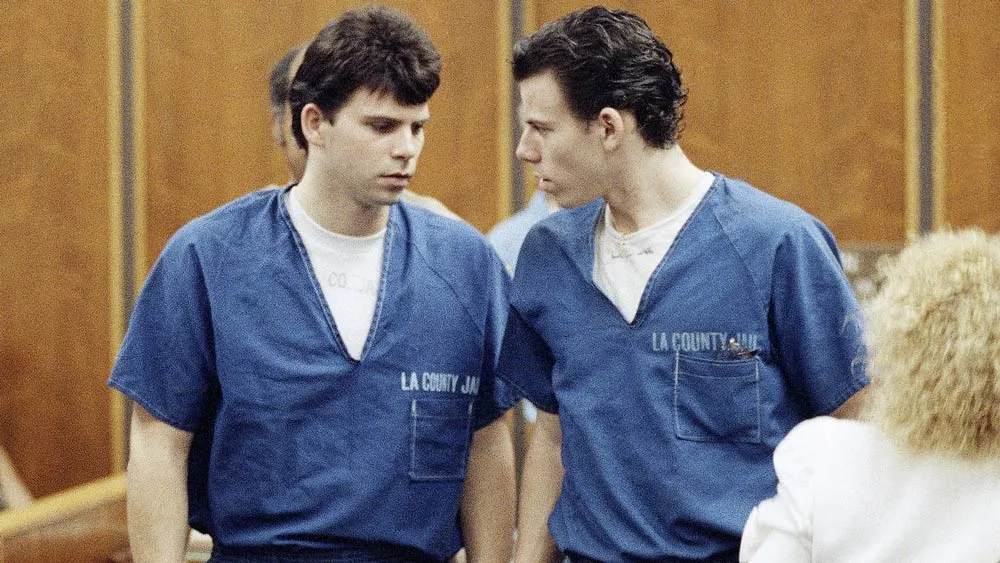December 20, 2013
Out Hockey Player Reacts to Boitano's Coming Out
Jason St. Amand READ TIME: 2 MIN.
Brian Boitano decided to keep his sexual orientation private until he was appointed to the delegation that will represent the United States at the Sochi Olympics.
Former U.S. hockey player Caitlin Cahow came out last month when she realized she could help athletes who were struggling with their sexual orientation.
"I think each individual has a right to define who they are," Cahow told the The Associated Press on Thursday, a few hours after the figure skating champion acknowledged publicly for the first time that he is gay. "That's what autonomy is all about."
Cahow and Boitano were chosen by President Barack Obama this week to represent the U.S. at the 2014 Games in Sochi. The decision to include openly gay and lesbian athletes - Billie Jean King also is a member - and exclude high-ranking government officials has been interpreted as response to a new Russian law banning "gay propaganda."
Boitano said in a statement Thursday that he had chosen to keep his sexual orientation private because "being gay is just one part of who I am."
"First and foremost I am an American athlete and I am proud to live in a country that encourages diversity, openness and tolerance," Boitano said. "As an athlete, I hope we can remain focused on the Olympic spirit which celebrates achievement in sport by peoples of all nations."
Cahow agreed.
"I think he and I would agree that our goal is to someday live in a world where these classifications aren't important," she told the AP. "I don't personally identify as a gay person. I understand that is my role right now. I am speaking for a lot of people, and a lot of people are looking to me to bear the torch, and represent them. I want to do my best."
Cahow said it was an honor to represent her country, just as it was when she won a bronze medal at the 2006 Olympics in Turin and a silver in Vancouver in '10. Being asked by the president to do so for the Sochi Games made her feel "incredibly humbled and elated," she said.
A Harvard graduate who is due to get her law degree from Boston College in the spring, Cahow is one of the 35 Olympians supporting the Principle 6 Campaign, which is named for the section of the International Olympic Committee charter that says its mission is: "to act against any form of discrimination affecting the Olympic Movement." But Rule 50 of the IOC charter says: "No kind of demonstration or political, religious or racial propaganda is permitted in any Olympic sites, venues or other areas.
Cahow said that's unlikely.
"I think politics and the Olympics are always going to be intertwined. It's impossible not to," Cahow said. "It's a remarkable opportunity for people to invest in and get swept away in the events. I'm hoping the Sochi Games will be no exception."




